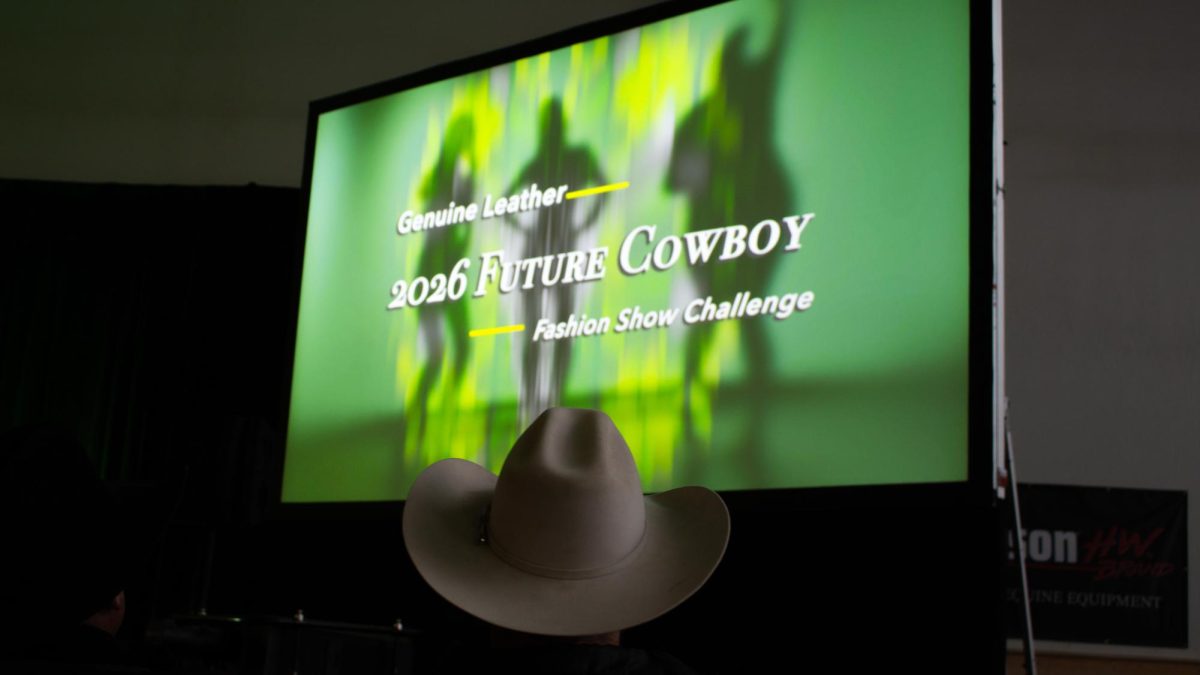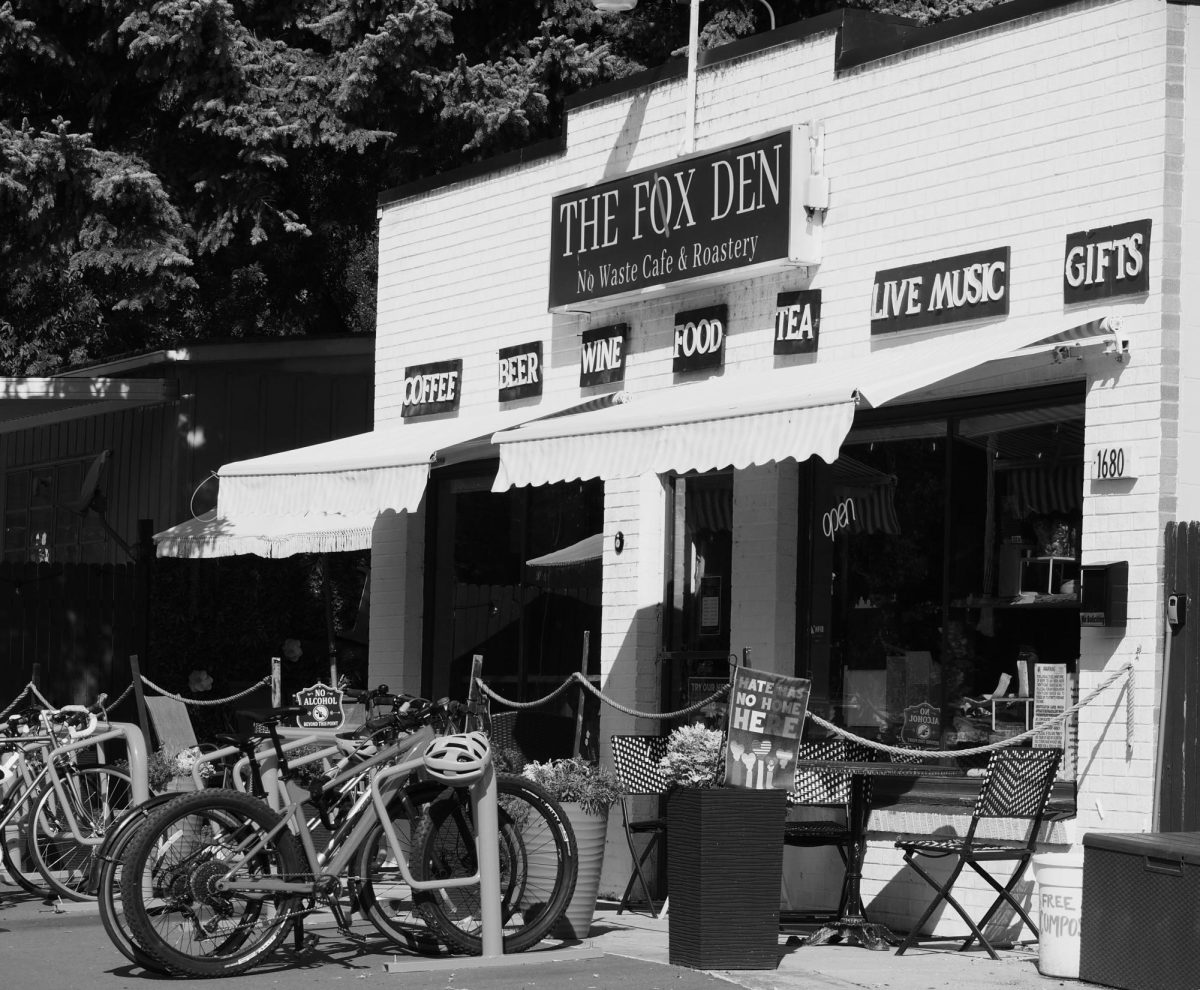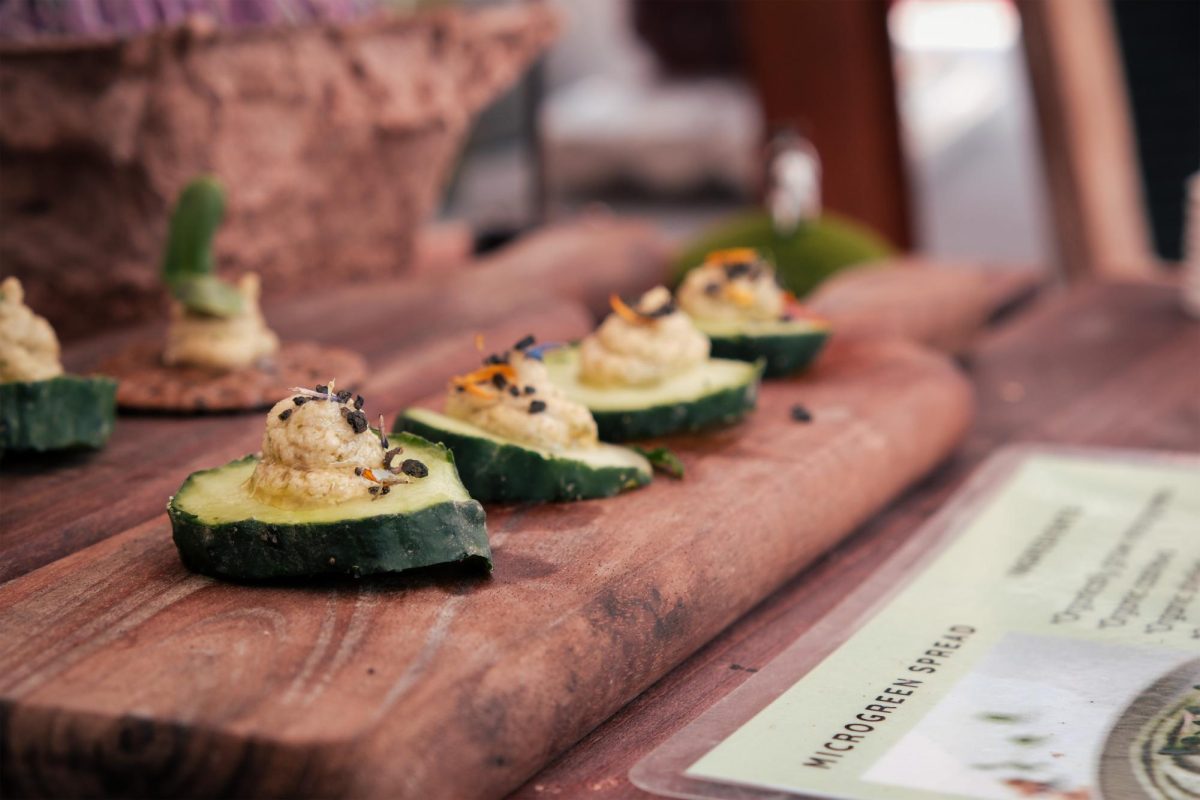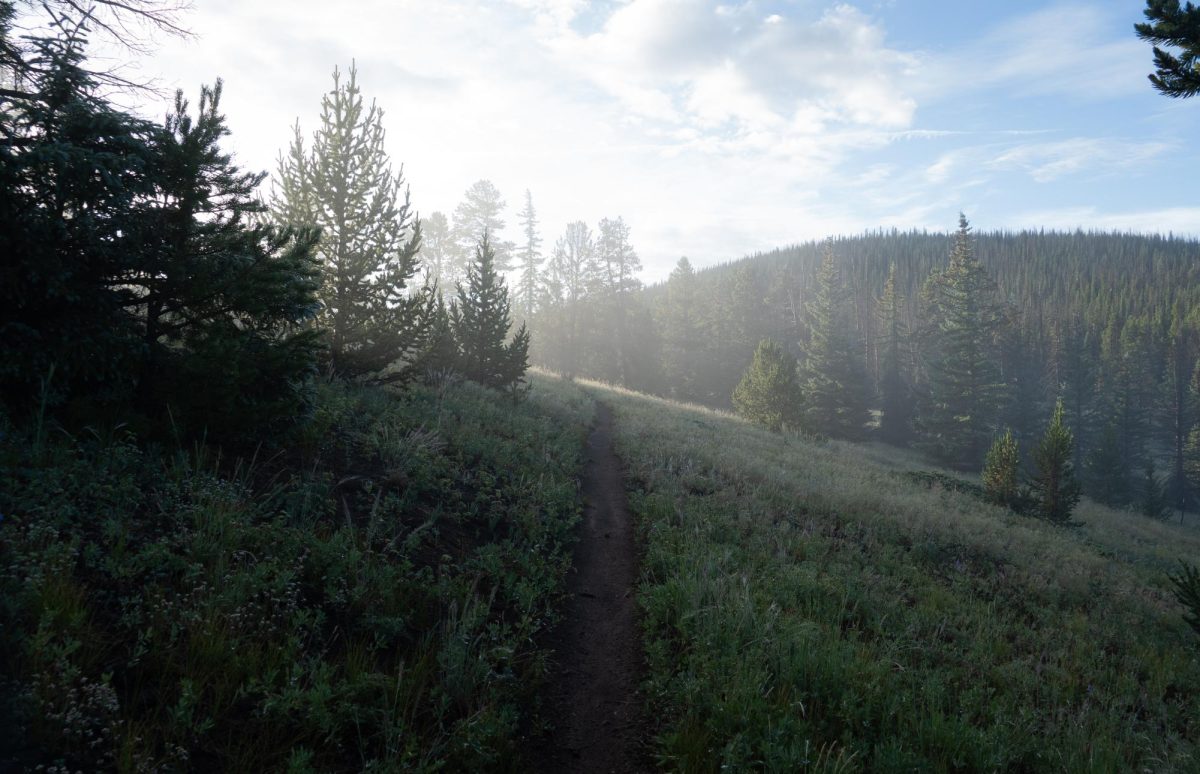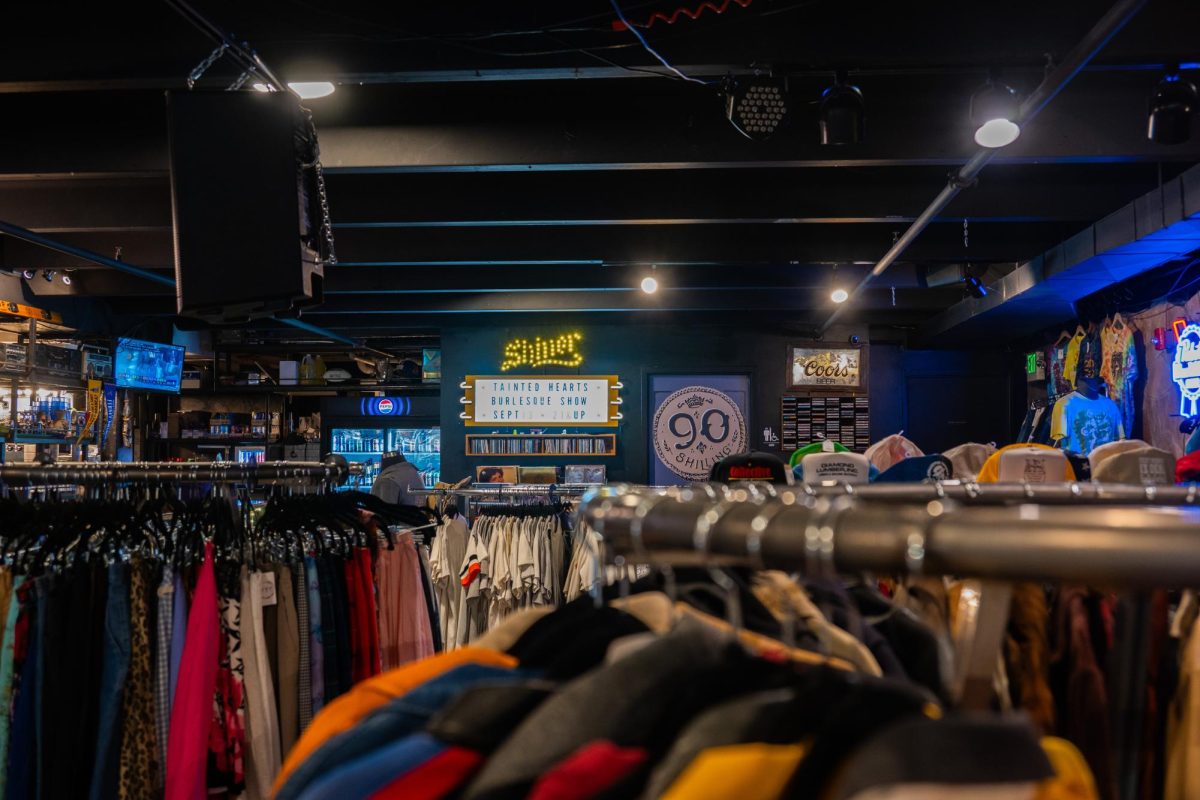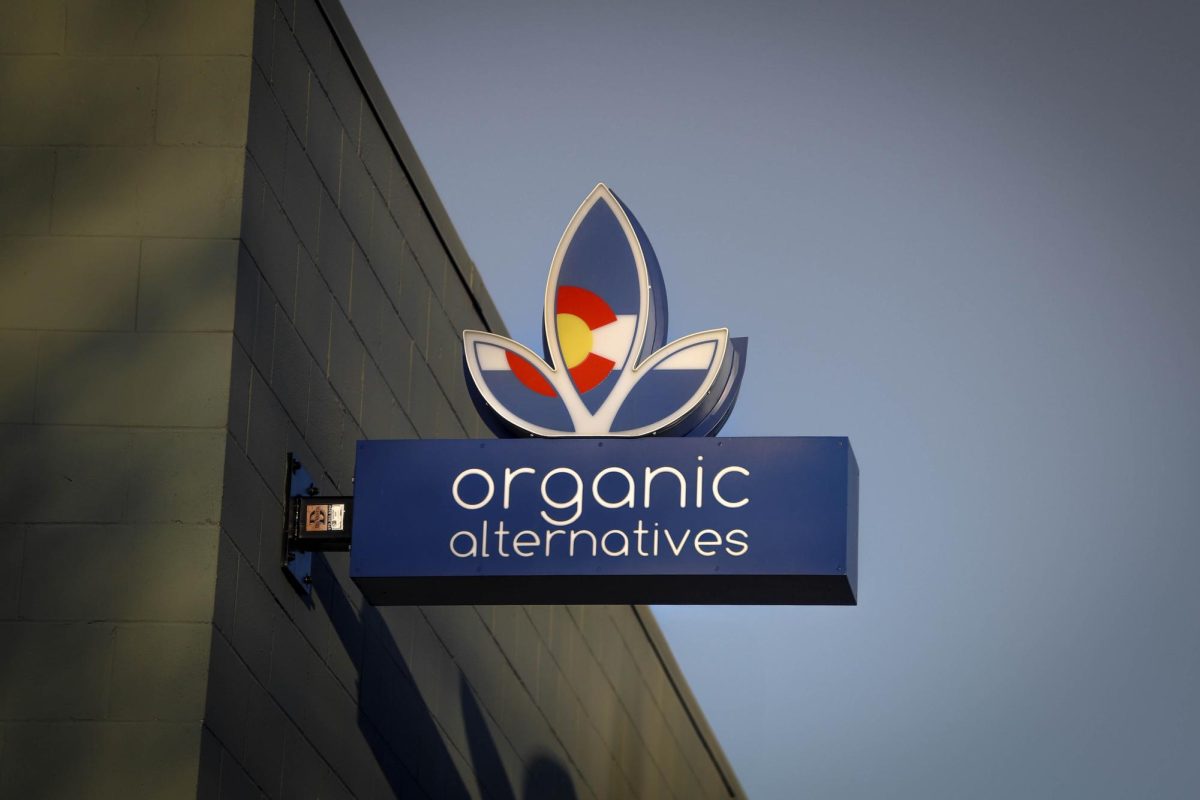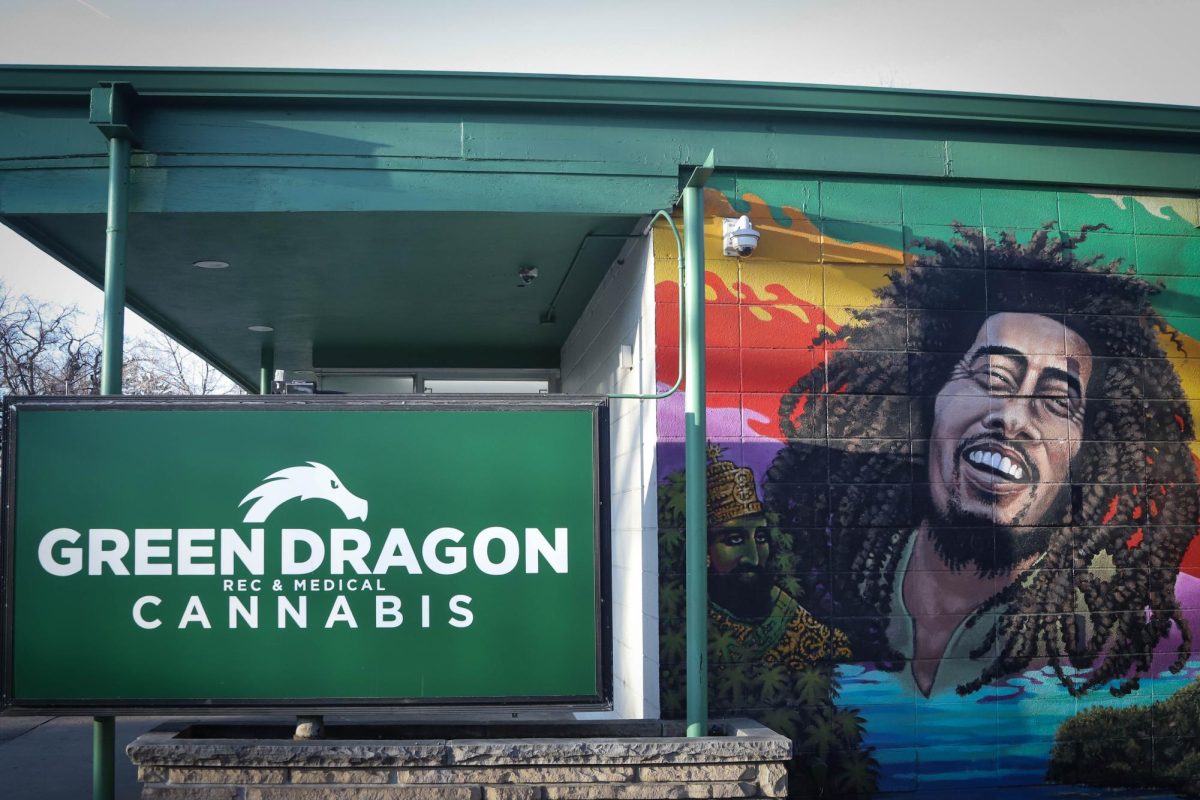Weed. Mary Jane. Pot. Marijuana. No matter what name is in use, most people know the topic is cannabis. Despite the plant’s popularity, not many people know how much work goes into growing them.
Organic Alternatives is a vertically integrated dispensary located in Fort Collins. Founded in 2009, they take pride in the work that goes into growing 50 different strains of cannabis, all of which can be categorized into sativa, hybrid, or indica.
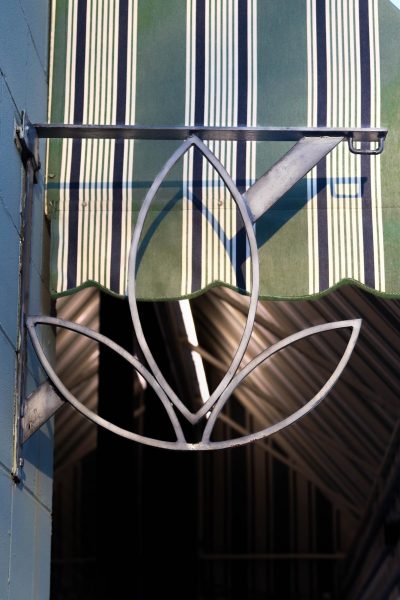
“We kind of rotate a variety of those different types throughout the dispensary. So, one product will be in stock for a long time, and then we won’t see it again for a little while,” Jeremiah Lucas, the Director of Cultivation at Organic Alternatives, said.
Some fan favorites at the dispensary are their unique strains of Kushman and Devil Driver. To get the effect of two different strains on the same plant, you can either germinate seeds or take clones from plants that already exist.
“I like that one (Kushman) because we could have an entire tray or two of that same plant and they all look the same,” Lucas said. “So that’s nice from a production standpoint. The female plant produces the buds that everybody likes to consume. The male plants produce pollen, so if you get a male plant mixed in with female plants, you have a chance to have seeds made.”
Organic Alternatives genetically clones all of their female plants in order to create more cannabis. They start by taking a branch of the plant, scraping a little of the stem off, and dipping it in a rooting hormone. After that, they put it in a substrate, which is usually peat moss.
“From the clone, we put that in a dome, under 100% humidity for about two weeks,” Lucas said “Then, within that time, certain strains will root faster than others, but that branch grows a root. Then that branch turns into a new plant.”
After that, the plant is grown to the size that works the best, while ensuring the proper amount of nutrients is provided in order to limit deficiencies.
“We can just take more clones off of that plant to keep the genetics alive, or we just send that plant into flower, ” Lucas said. “Once we turn it into flower, that’s when it starts growing the buds that we then harvest and sell it to the dispensary.”
When it comes time to harvest the plants, they chopped down at the base. Then, the excess leaves that transpire nutrients and absorb sun are taken off. The leaves don’t serve any purpose from that point on.
“We dry the buds from there, and then at each step that it dries, we trim off more of the leaves that are remaining until we get to the point where it’s ready to package or ready to go out for testing.”
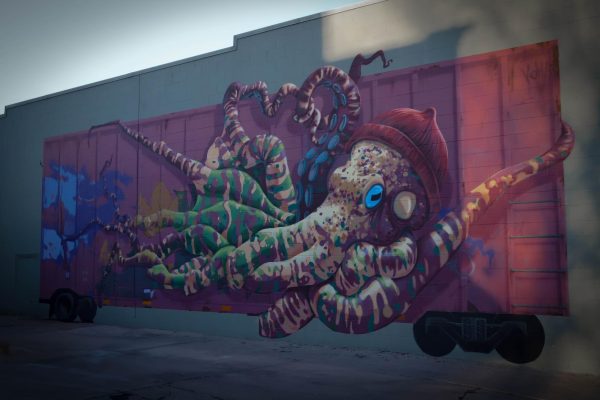
There are a lot of requirements and standards that the plants need to be held to in order to be ready for sale. The greenhouses have to be kept at the perfect humidity, temperature, light cycles, and CO2 levels.
The budtenders constantly test for yeast, mold, heavy metals, potency, and turbine to make sure that the cannabis is safe to consume.
Even the clothes that workers wear have to meet certain standards. Every time someone steps into the greenhouse, they have to change clothing. They have to step on pads to clean the bottom of their shoes, as well as wear gloves.
“As scale got bigger, there’s more demand, more consumers. Kind of had to get more efficient with how you cultivate,” Lucas said.
Instead of growing fewer plants that were larger, Organic Alternatives switched to growing more plants that were smaller because they moved through them faster. They started focusing more on efficiency and production and not wasting time.
“When you have smaller plants or less plants, you use a lot of trellises or steaks, like you would see on a tomato plant in the backyard,” Lucas said. “Or when you’re having more plants, you then begin trellising, so you have a big net and you get all the plants in a net together, instead of one by one.”
This process and these changes have helped Organic Alternatives grow and supply cannabis to Fort Collins for 15 years.
“Small things along the way that we’ve done have helped us out quite a bit,” Lucas said.

